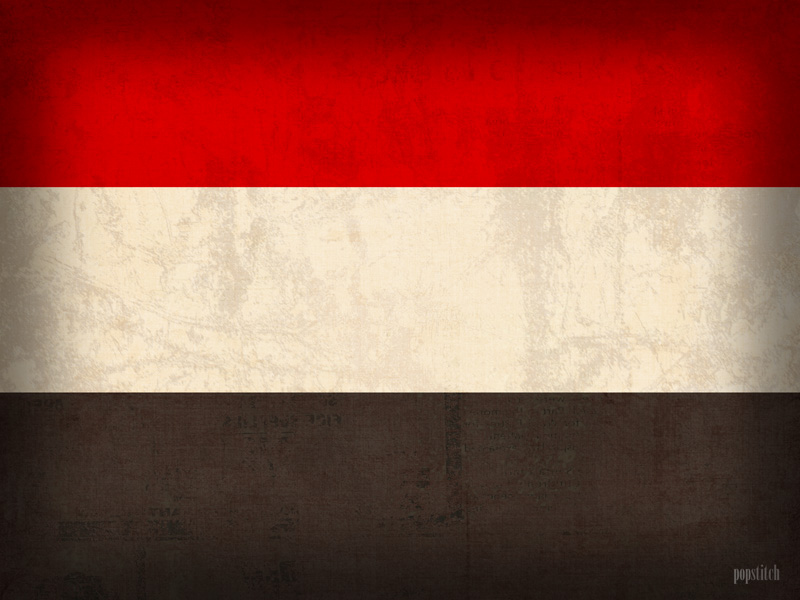
Diplomatic source to al-Ahed: Yemeni hotline linking the world from the Security Council to the Indian peninsula

Diaa Abu Taam
...And so, some umbrellas and colorful tents in Yemen began to weigh over the international accounts.
Neither the optimistic nor the pessimistic could imagine that people taking to the streets in Sanaa and its vicinity demanding social justice could simmer the international balance as such.
Nobody expected that the second episode of Yemen hitting the headlines again would come after the declaration of the country's unification 23 years ago, while targeting a US Cole in Aden Gulf over ten years ago was barely reported among some other miscellaneous news.
Today, the cry of the Houthis is right at the door of the New York-based UN Security Council, but also at Russia's.
KSA: To emulate Siniora's "steadfastness" in the face of Beirut Downtown demonstration
Americans: "Don't you dare!"
Informed Yemeni sources say that the explicit approval of Yemeni President Abd Rabbuh Mansur Hadi of Houthis' demands came upon a clear US advice: "Bring the Houthis to the government ...come what may." But the content of the approval, embodied by the "national solution initiative," was the best the President could do after Riyadh has shoved its word: "Don't sleep, let them rot on asphalt."
But Ansarullah Movement-as they announced their third escalation campaign- responded with one word: The decision is mine! As soon as the Movement leader Sayyed Abdul Malak al-Houthi declared civil obedience, Riyadh and number of Gulf states started to activate regional and international contacts before there is further escalation which the Houthis are very keen on keep undisclosed.
Suddenly, accusations against Ansarullah Movement of depending on the outside and implementing regional agendas stopped surging. Instead, the Security Council threatened of sanctions.
The day after, Russia said the popular mobilization in Yemen was a legitimate right to justice and participation in power. It struck that while holding in the hand the veto power in case sanctions are voted. The sources add that there has been a phone call between the US and Riyadh that said: Do not lose. You must contain the Houthis."
Gulf newspaper all retorted in one day on September 2: Whether the national solution initiative of civil war!
Al-Jawf battle: hot dots on stale letters
Ten kilometers away from the capital Sanaa, al-Jawf battle quickly descends into the same scenario of Omran on the western side. The killing of a security officer during the skirmishes with Ansarullah Movement-which decided not to remain silent over any crime committed by the Reform Party and its ally al-Qaeda north Yemen-immediately brought back to mind the events in Omran with the Brigade 310 under the command of Hamid al-Qeshaibi, who was killed while backinh Reform Party fighters in their battle against the Houthis. Al-Jawf, which is mostly under the control of Ansarullah, outlines the headway toward a civil war menaced by some in the Gulf, amid sharp rift amid the Yemeni army between a weak command that seeks to kill the Houthis alongside some soldiers belonging to tribes that are against the Houthis, and a large faction of officers and soldiers who no can no more stand discrimination and injustice.
With al-Jawf battle, Qatar, supportive of the Reform Party, loses more hegemony inside Yemen. Therefore, with the uphill Saudi interests in Yemen, there is no need for intransigence. Hence, the Ambassadors of KSA, Bahrain and UAE returned to their villas in Doha to mull, within a "Gulf alignment," the means to face the Houthis.
Here again, it becomes clear that the considerations of a sectarian war are not encouraging in Yemen, considering the internal balance of powers and the unguaranteed aftermath of an action by the Peninsula Shield on south Saudi Arabia like what happened in Saada's war in 2010.
According to a source from the Gulf, says that fueling a similar sectarian war may push those close to the Houthis to hold demonstrators back in the streets and even force them to go back home again and maybe for good. The source adds that the announcement of al-Qaeda chief, Ayman al-Zawahiri, of the emergence of a movement of "Jihadists" in the Indian peninsula must be read carefully. Perhaps there, nearby the southeastern part of the Islamic Republic of Iran, sectarian considerations are more conducive to fuelling crimes for negotiations that would form with blood, once again after Mosul and Iraq's events, a new pressure equation.



